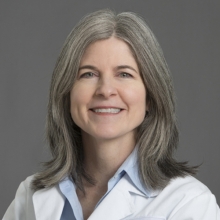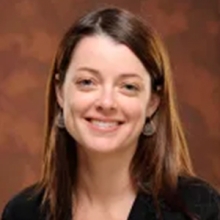Abstract
Physical function (PF) limitations are common in aging. However, there is a dearth of interventions focused on addressing PF limitations in community-based settings, particularly in minoritized communities. To guide intervention development, we conducted focus groups to understand perceptions of PF limitations, gauge intervention interest, and identify potential intervention strategies as part of a large health partnership of African American churches in Chicago, IL. Participants were age 40+ years with self-reported PF limitations. Focus groups (N=6 focus groups; N=40 participants) were audio recorded, transcribed, and analyzed using thematic analysis methods.Six themes were identified: (1) causes of PF limitations, (2) impact of PF limitations, (3) terminology and communication, (4) adaptations and treatments, (5) faith and resilience, and (6) prior program experiences. Participants described how PF limitations affected their ability to live a full life and play an active role in their family, church, and community. Faith and prayer aided in coping with limitations and pain. Participants expressed that it is important to keep moving, both from an emotional (not giving up) and physical (to prevent further exacerbation of limitations) standpoint. Some participants shared adaptation and modification strategies, but there were overall frustrations with communicating regarding PF limitations and obtaining medical care for them. Participants expressed that they would like to have programs in their church focused on improving PF (including physical activity), particularly as their communities often lacked resources conducive to being active. Community-based programs focusing on reducing PF limitations are needed, and the church is a potentially receptive setting.
Keywords: Aging; Community-based research; Health equity; Mobility.

